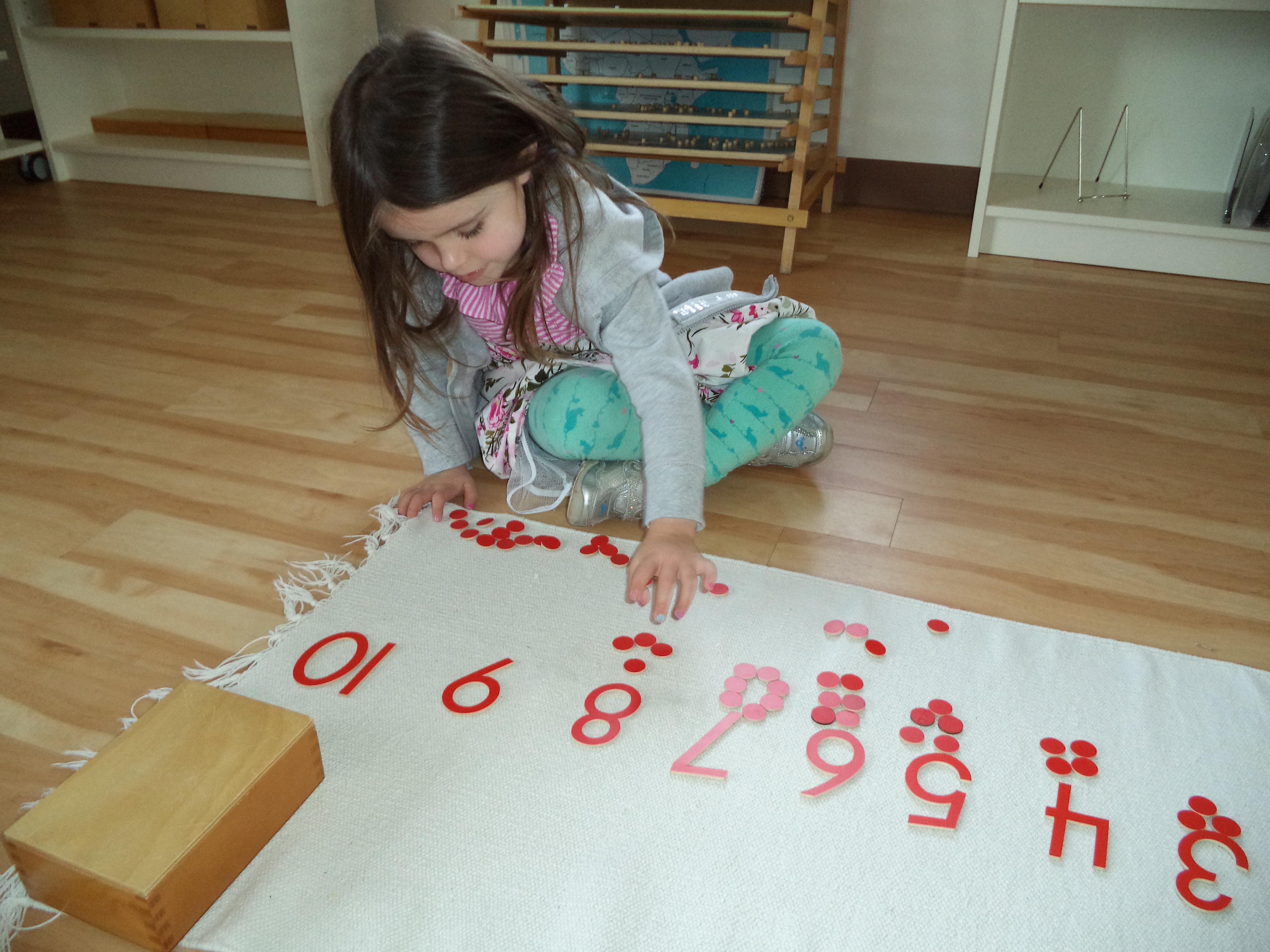(858) 759-0631
Montessori
The Five Great Lessons and Its Impact on Montessori Elementary School Teaching
How Living Things, Communication, and Numbers Contribute to Each Being’s Job on Earth
Maria Montessori’s advice to educators is simple: “The greatest sign of success for a teacher is to say, ‘The children are now working as if I did not exist.’ Teachers can only help the work as servants wait upon a master.”
“The purpose of life is to obey the hidden command which ensures harmony among all and creates an ever-better world. We are not created only to enjoy the world; we are created to evolve the cosmos,” Montessori said.
Explaining The Montessori Method
Build Better Bridges With Your Child Thru Compassion, Acknowledgement, and Questions
It's My Life! Stop Saying Don't, Can't, Won't!
Dear Mommy and Daddy,
Since I was born, I’ve been percolating. My neurons have been transmitting information throughout my brain. These nerve cells have been firing synapses that have been creating a pathway through my brain since Day One. Every pathway allows information to travel around my brain and the more pathways I have, the faster my brain works.
We have over 100 billion neurons in our brain at birth—as many stars as in the Milky Way!
Five Ways to Build Your Child's Strengths
A key takeaway of the Montessori Method is building students from the bottom up. From Day One of the toddler program to graduation from elementary school, Dr. Maria Montessori’s systematic, methodical approach is focused on individualized learning that creates gifted students.
Montessori School Cuts Student Anxiety
Methods That Embrace Learning Rather Than Rote
As parents, we know the value of school—it’s the springboard toward a life-long career rather than holding an hourly job. But, we also need to know how to value what is being taught in our schools.
In today’s traditional schools there’s one constant question: How well are we are reaching and teaching our children?
Imagination & Fantasy
The Montessori Environment
Sensitive Periods
 As the year progresses, the children are becoming more engaged in challenging work. In the Bumblebee Classroom, you will hear the children repeatedly count and sound out letters. Every day, the older children practice with their number work as well as reading lessons. This encourages the younger ones to work hard on their own activities because they are eager to one day be able to do what the older children do. Their sensitivity towards numbers and letter
As the year progresses, the children are becoming more engaged in challenging work. In the Bumblebee Classroom, you will hear the children repeatedly count and sound out letters. Every day, the older children practice with their number work as well as reading lessons. This encourages the younger ones to work hard on their own activities because they are eager to one day be able to do what the older children do. Their sensitivity towards numbers and letter

